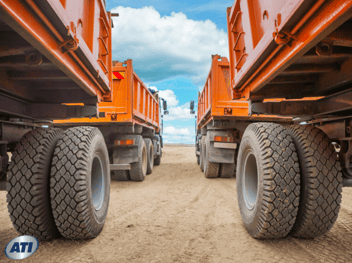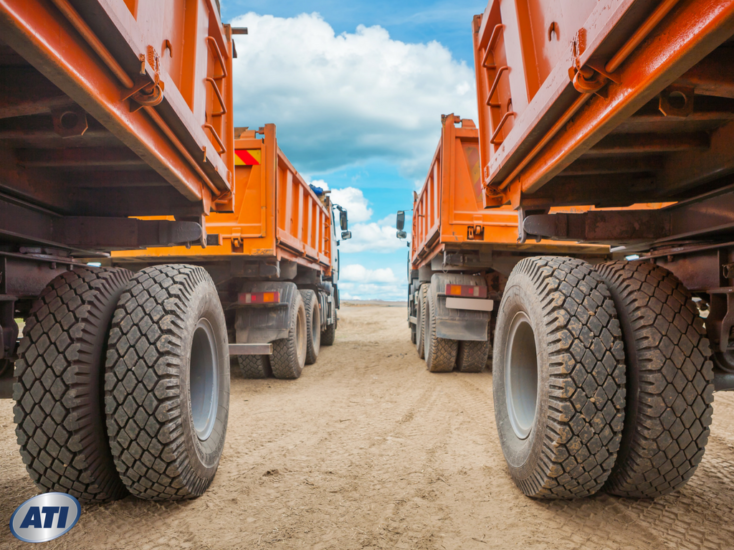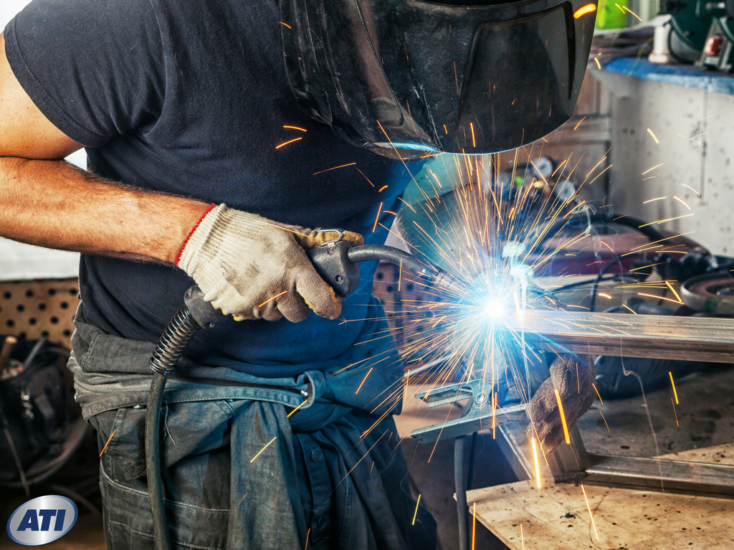What is Heavy Vehicle Mechanic Education Like in Hampton Roads?
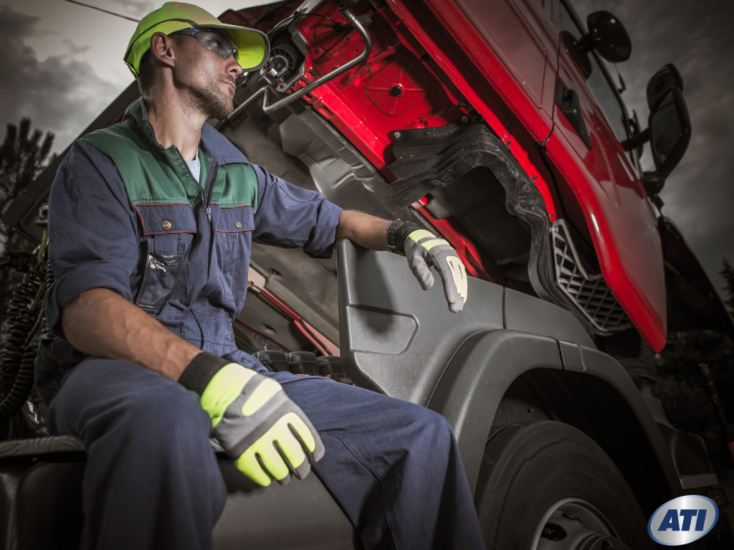
Due to the increase in industrial productions over the years, there has been an uptick of truck engines use in America. Heavy vehicles, such as tractors and buses, use diesel engines because they provide high efficiency, longer lifespan, require low maintenance and have low operations costs. All these benefits make diesel engines the perfect choice when it comes to the heavy haul industry.
Job Duties of a Heavy Vehicle Mechanic
Heavy vehicle mechanics deal with vehicle inspection, repair, and maintenance of vehicles powered by diesel engines. This includes a wide range of vehicles like buses, construction vehicles and trucks, and submarines. They are responsible for inspecting, diagnosing and repairing the brake systems, electrical components, engines, transmissions, tires and steering systems. Some of the major traits that a heavy vehicle mechanic should possess include the ability to work in areas that are noisy, physical strength, manual dexterity, and diagnostic skill.
Typical job duties of a heavy vehicle mechanic include:
- Inspecting wheel bearings, brake systems, and steering mechanisms
- Using hand tools including precision instruments, pressure gauges, pliers and screwdrivers. They also use power tools like welding equipment, hoists, jacks, lathes, and pneumatic wrenches
- Examining and adjusting loose bolts, protective guards, and certain safety devices
- Adjusting, relining brakes, reassembling equipment and aligning wheels
- Performing routine maintenance, which includes checking batteries, changing the oil, and lubricating equipment and machinery
Types of Vehicles They Typically Work On
It’s rare to find an industry where heavy vehicles are not used. Farmers use tillers, tractors, combine harvesters, plows, packers, and sprayers to provide food. The construction industry, on the other hand, uses a wide range of heavy vehicles to relocate building materials, sculpt land where development is supposed to take place and facilitate the erection of structures. These include cranes, bulldozers, backhoes, excavators, cement mixers, multi-terrain loaders, articulated trucks, and motor graders
Between airfreight, rail, and shipping, the transport trade revolves around 18-wheel trucks, diesel buses, and railway cars. The military also relies on heavy vehicles. Pneumatic, mechanical, hydraulic equipment powered by diesel engines is used in surface mining and logging industries.
Education Needed For This Job
Heavy vehicle technology goes beyond making repairs. Technicians in this field have to be well versed in comfort systems, fuel, drivelines, brakes, suspension, and electrical systems. Heavy vehicle training equips students with practical and theoretical knowledge on various diesel-powered engines.
The training programs target to transform students into professionals who are all-rounded and qualified to handle heavy engine-related work in the best way possible. Over the years, the complexity of vehicle components has been increasing, thereby, requiring students to be well versed with the latest technology. Being properly trained using the current components gives someone an edge over the others.
Training in this field typically takes one or two years before one can get an entry-level job. In addition to classroom instructions and being equipped with an honest work ethic, students are also provided with practical repair and diagnostic experience. Students are exposed to blueprints, drawings, and manuals for operating equipment. They are also equipped with knowledge pertaining diagnosing malfunctions, maintaining equipment, disassembling heavy components, cleaning different parts, and repairing parts that are worn.
Having a formal education could increase your employment opportunities, according to the Bureau of Labor Statistics (BLS). A two-year associate’s degree program will equip you with diesel engine technology and power generation fundamentals. Going to a hands-on school also helps you learn the best methods and techniques than if you never went to school. You’re taught by experienced professionals, which helps you learn the right methods and also help you save you time.
And while you may only need a high school diploma to be a heavy vehicle mechanic, most employers look for different levels of training. With formal education, you make yourself more attractive to a wide range of employers across different industries.
Hampton Roads a Great Place for Heavy Vehicle Mechanic Education
If you’re looking to begin a career as a heavy vehicle mechanic, Hamptons Road, Virginia, is a great place to learn how to be one. Hamptons Roads covers the metropolitan areas within the northeastern North Carolina and Southeastern Virginia. In this area, there is a thriving shipping industry, an ice-free harbor, and military presence. You can also find a job in the shipbuilding industry that involves the production of numerous marine vessels, including freighters and submarines. Military installations in this area require mechanics that can repair and maintain different heavy vehicles.
Does a career as a heavy vehicle mechanic appeal to you? If yes, now it’s the time to get the training you need to get started. Consider enrolling in the Associate in Occupational Science (A.O.S.) degree program in Heavy Vehicle Technology at the Advanced Technology Institute. To learn more about the program, connect with an admissions counselor today.
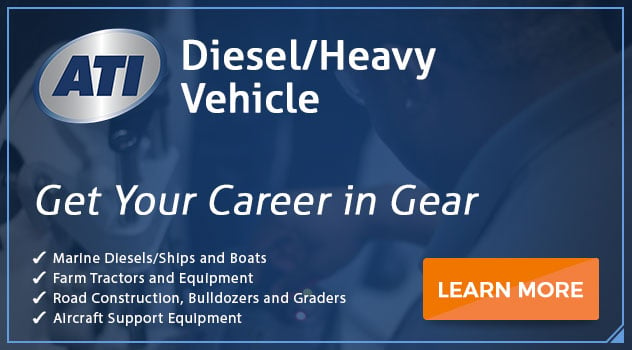
Industry Knowledge
Welcome to the Advanced Technology Institute's Blog, your resource for industry insights and discussions on technologies shaping the future of automotive, heavy vehicle, hvac, welding, and other related career paths.
Explore how ATI's curriculum and hands-on learning opportunities can propel your career in the tech-driven world.
